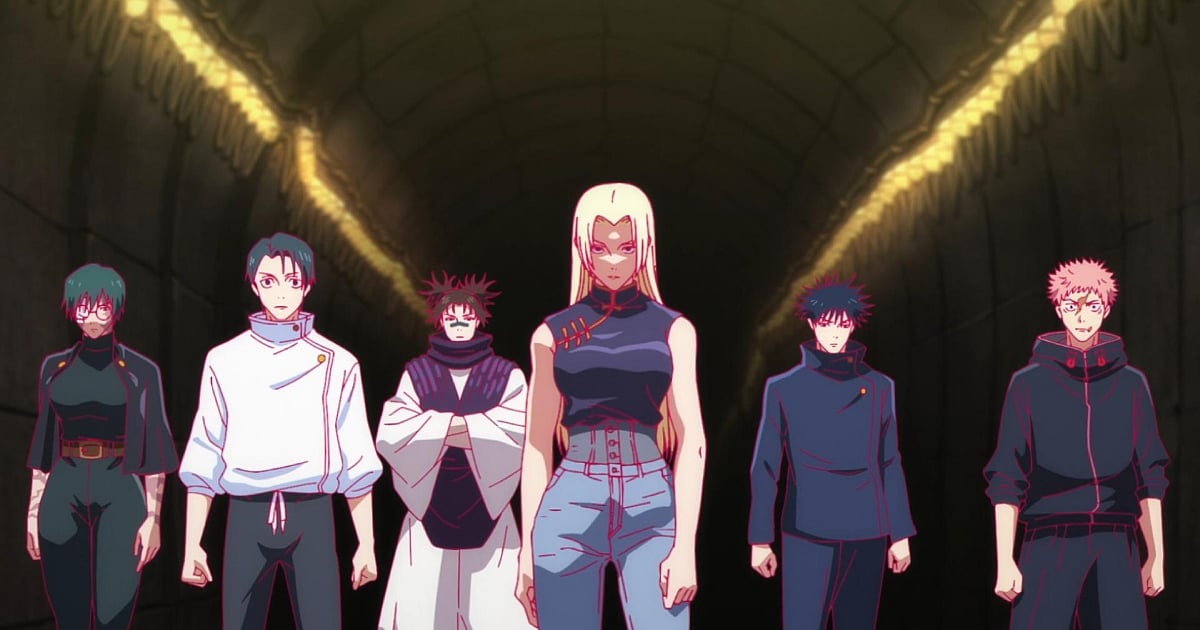
Xbox Game Pass
Former PlayStation Boss Calls Xbox ‘Bad for the Business’
Highlights
- Shawn Layden claims Xbox Game Pass commoditizes games and discourages creative risk, making developers “wage slaves”.
- Critics warn the model cannibalizes sales and threatens AAA sustainability.
- Developers may gain visibility but often lose long-term financial stability.
Xbox Game Pass has become one of the defining stories in the gaming business offering hundreds of games for a monthly fee. It has reshaped how millions play, generating heated debate over its economic consequences for game developers. In 2025, Microsoft announced that Game Pass hit a new record of nearly $5 billion in annual revenue, reflecting both subscription growth and the service’s increasingly central role in Microsoft’s gaming portfolio. Yet, a storm of industry criticism led by former PlayStation chief Shawn Layden has amplified concerns about profitability, sustainability, and the well-being of game developers.
Shawn Layden Slams Xbox Game Pass Model
Layden’s sharpest criticisms have resonated throughout the industry. In recent interviews, he’s described the subscription model as bad for the business and even labeled developers creating day-one Game Pass releases as “wage slaves”. He said, “They’re not creating value, putting it in the marketplace, hoping it explodes, and profit sharing… It’s just, ‘You pay me X dollars an hour, I built you a game, here, go put it on your servers.’ I don’t think it’s really inspiring for game developers.”
He feels that subscription services commoditize games, reducing most to “content” in a catalog, eroding the motivation for creative risk or innovation unless directly funded by a platform holder. The economic structure can make a studio feel more like a contractor for hire rather than a partner sharing in the upside of a smash hit. This, he argues, has a chilling effect on creative ambition. The model risks devaluing individual games in the eyes of consumers, much like streaming services changed the economics of music and film.
Tracking The Success of Game Pass
Game Pass generated nearly $5 billion in annual revenue in FY 2025, becoming the backbone of Xbox's services. It contributed an estimated 65% of Xbox’s total services revenue for the year (about $4.7 billion).
Microsoft’s overall gaming revenue rose 10% year-over-year, while Game Pass pushed content and service revenue up 13%. Subscriber counts surpassed 34 million in early 2024, with some internal data suggesting over 35 million paying users. Game Pass’ monthly recurring revenue is estimated at around $340 million, mostly from Game Pass Ultimate subscribers.
Unlike traditional console cycles, where profits relied on hardware sales and blockbuster in-store launches, Game Pass is now the primary growth engine for Microsoft, even as Xbox hardware sales fell by over 22% year-over-year.
Is Game Pass Actually Profitable?
Microsoft insists that Game Pass is profitable even when accounting for the development costs of first-party titles and lost sales revenue from a la carte sales. Phil Spencer, Xbox chief, maintains Game Pass is "very, very sustainable," and recent reporting backs this up, claiming the service remains in the black even when factoring in the potential revenue Microsoft’s own studios forego by releasing games directly into Game Pass.
While many studios benefit from the up-front security and built-in user base Game Pass offers, especially for smaller or indie teams, large studios have less incentive to take expensive creative risks when guaranteed only a flat fee.
The industry has already seen recent layoffs and project cancellations among Microsoft’s own studios, despite Game Pass’s headline growth. For gamers, value is undeniable: a huge buffet of games for a low monthly fee. But the long-term health of the creative ecosystem is less clear, and Layden’s warning echoes those now voiced from multiple corners of the development community.

Author
Abhimannu Das is a web journalist at Outlook India with a focus on Indian pop culture, gaming, and esports. He has over 10 years of journalistic experience and over 3,500 articles that include industry deep dives, interviews, and SEO content. He has worked on a myriad of games and their ecosystems, including Valorant, Overwatch, and Apex Legends.
Abhimannu Das is a web journalist at Outlook India with a focus on Indian pop culture, gaming, and esports. He has over 10 years of journalistic experience and over 3,500 articles that include industry deep dives, interviews, and SEO content. He has worked on a myriad of games and their ecosystems, including Valorant, Overwatch, and Apex Legends.
Related Articles







